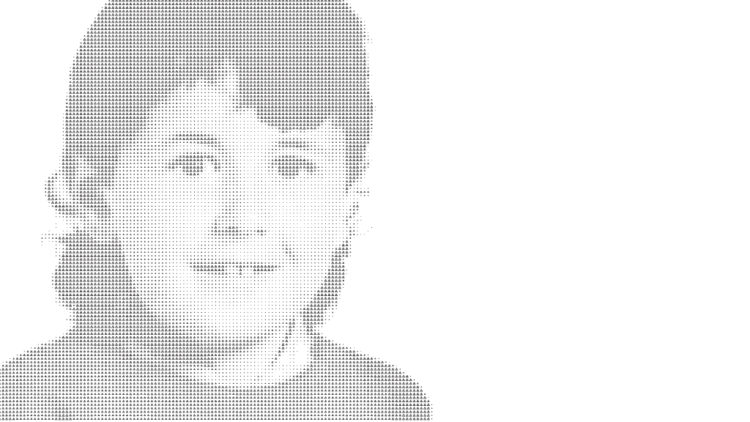
Spot the Signs: Nicky Reilly
The story of Nicky Reilly is one that has been around for a few years. In 2008, the 22-year-old who converted to Islam, fell into the trap of online radicalisation. Planning and attempting a near catastrophic bomb attack in a restaurant in Exeter, led to his conviction of terror offences and his imprisonment for life.
Nicky Reilly, who changed his name to Mohamed Abdulaziz Rashid Saeed-Alim, had a difficult home life. Born and raised in Plymouth, he shared a tiny flat with his mother Kim, her partner and two half-brothers, in one of the city’s most deprived areas. His younger brother was also sent to a young offenders’ institution for six years after a series of offenses including robbery, battering and stealing to fund a cannabis habit.
Suffering from Asperger’s syndrome also meant that Nicky struggled at school. He became fixated with James Bond and fantasised about being a spy. Friends also called him BFG (big friendly giant), after the Roald Dahl story. Those who spoke about him told of his deteriorating mental health, especially after breaking up with his first girlfriend. He began to self-harm and was admitted to a mental health hospital.
Shortly after, Nicky began learning about Islam and soon became a familiar face at an Islamic centre where he would sit quietly and read the Quran. Regulars described him as polite, gentle and very inquisitive.
Family, friends and neighbours began to notice a change in his behaviour. Nicky became more reclusive, spending hours locked in his bedroom, and cutting off his closest friends. Nicky is said to have received text messages encouraging him to carry out an attack.
He took a bus to Exeter, armed with a homemade nail bomb, accidentally set it off in his hands as he hid in the toilet of a busy restaurant. During his questioning, Nicky admitted to attempted murder and planning an act of terrorism.
Police then said they believed that Nicky Reilly had been preyed upon and radicalised online because he was so vulnerable.
Nicky’s story resonates because of its tragic nature. Police believed he had been preyed upon and radicalised online because he was so vulnerable. A family was torn apart and a young life was destroyed because of the evil of online radicalisation. We must put an end to this.
At FAST we aim to stop the destruction of family life by eliminating the threat of radicalisation. We outline ways to spot the signs and offer help and support to families going through losing a loved one to radicalisation.
Get in touch if you are worried about any of the issues discussed.
